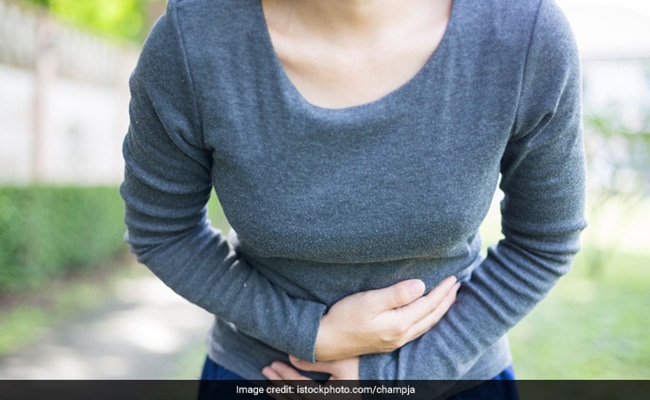
PCO and PCOS are the two most commonly heard medical terms in society. While the conditions have gained prominence over the years, a lack of understanding has led to many young girls and women using these terms interchangeably. PCO stands for Polycystic Ovaries, which is a condition where the ovaries appear polycystic. Whereas PCOS stands for Polycystic Ovary Syndrome, which is a metabolic condition that may or may not occur with having polycystic ovaries.
As per an independent research report, an estimated 1 in 5 Indian women suffer from either of the hormonal issues. The report also indicates that women in the age group ranging from 18 to 45 years are more prone to these conditions. PCO and PCOS have also gained prevalence among adolescents in recent years with an increased number of youngsters being diagnosed with them.
How Are PCO And PCOS Different?
While the names might sound similar, we must understand that the risks and medical treatments are different for both the conditions. PCO is a disparate of normal ovaries, whereas PCOS is a metabolic disorder typically associated with unstable hormone levels emitted by a woman's ovaries. Furthermore, women with PCOS are prone to disease conditions like diabetes mellitus (DM) or Ischemic Heart Disease (IHD). Whereas women with PCO do not have the same risk profile.
(Also read: 6 Things You Need To Start Doing If You Have PCOS)

An estimated 1 in 5 Indian women suffer from either of the hormonal issues
What is more common?
Around 50 -55 percent of the Indian population suffers from PCO while 20-25 percent of the population have PCOS.
What are the symptoms?
Symptoms in PCOS are evident at a younger age whereas PCO is asymptomatic. While both PCO and PCOS have a genetic component, symptoms in PCOS like obesity, hirsutism, acne and irregular menstrual cycle may become prominent in teenage years. Also, due to irregular cycles resulting in anovulation the risk of infertility is high in women with PCOS. On the other hand, just having PCO does not result in infertility. PCO may run in families and thus has a genetic background.
How to control the condition?
While these conditions have no cure, certain measures can help control the condition.
Consumption of small frequent meals, preferably five times a day is advisable. One must ensure that the diet must consist of fresh vegetables, fruits, and salads and should be less in carbohydrates.
Stay hydrated by drinking 2-3 litres of water in a day.
Regularly indulging in physical activities like zumba, aerobics, swimming, etc, is strongly recommended.
(Also read: An Expert Shares 4 Things To Take Care Of If You Are Diagnosed With PCOD)

Most women suffering from PCOS put on excess weight
For women with PCOS, treatment that involves insulin sensitisers such as Metformin and Insulin in addition to lifestyle modification is advisable. Additionally, undergoing Laparoscopic Ovarian Drilling or LOD for anovulatory infertility helps restore regular, ovulatory cycles, thereby improving the fertility prospects. Furthermore, fertility treatments like ART (Assisted Reproductive Techniques), IUI ( Intrauterine Insemination), and IVF (In Vitro Fertilisation ) may be needed in some cases.
While the symptoms are sometimes hard to detect, most of them are overlooked. It is strongly recommended to take good care of one's health and see a medical professional for a regular checkup.
About the author: Dr Manisha Singh is the head of Reproductive Medicine and Surgery at Fortis Hospital, Bannerghatta Road, Bangalore.
Disclaimer: The opinions expressed within this article are the personal opinions of the author. NDTV is not responsible for the accuracy, completeness, suitability, or validity of any information on this article. All information is provided on an as-is basis. The information, facts or opinions appearing in the article do not reflect the views of NDTV and NDTV does not assume any responsibility or liability for the same.
Track Latest News Live on NDTV.com and get news updates from India and around the world
